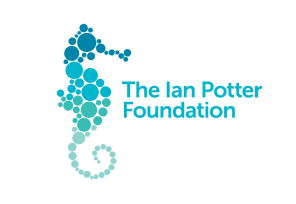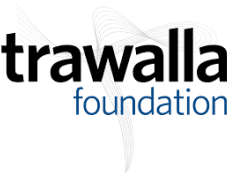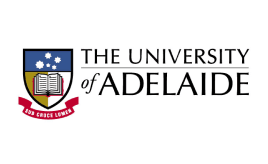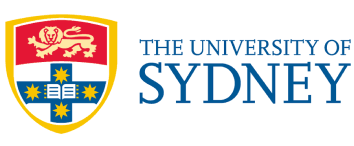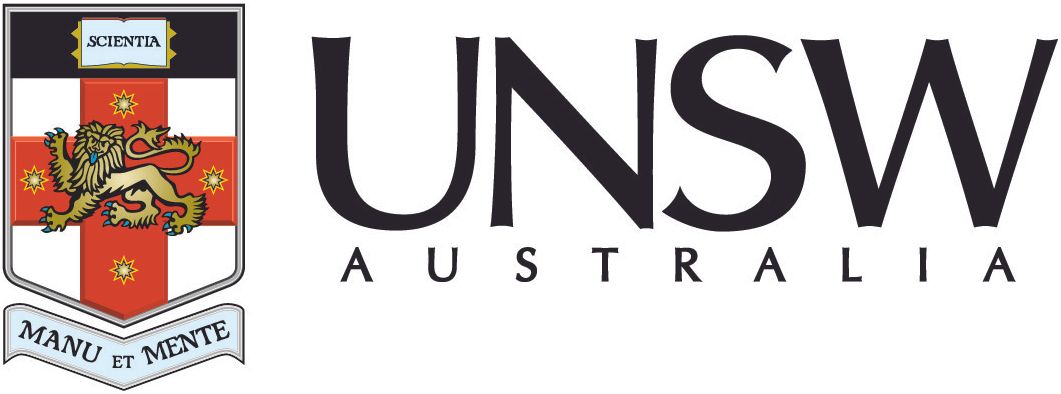Wildlife need us to tone down the Christmas lights
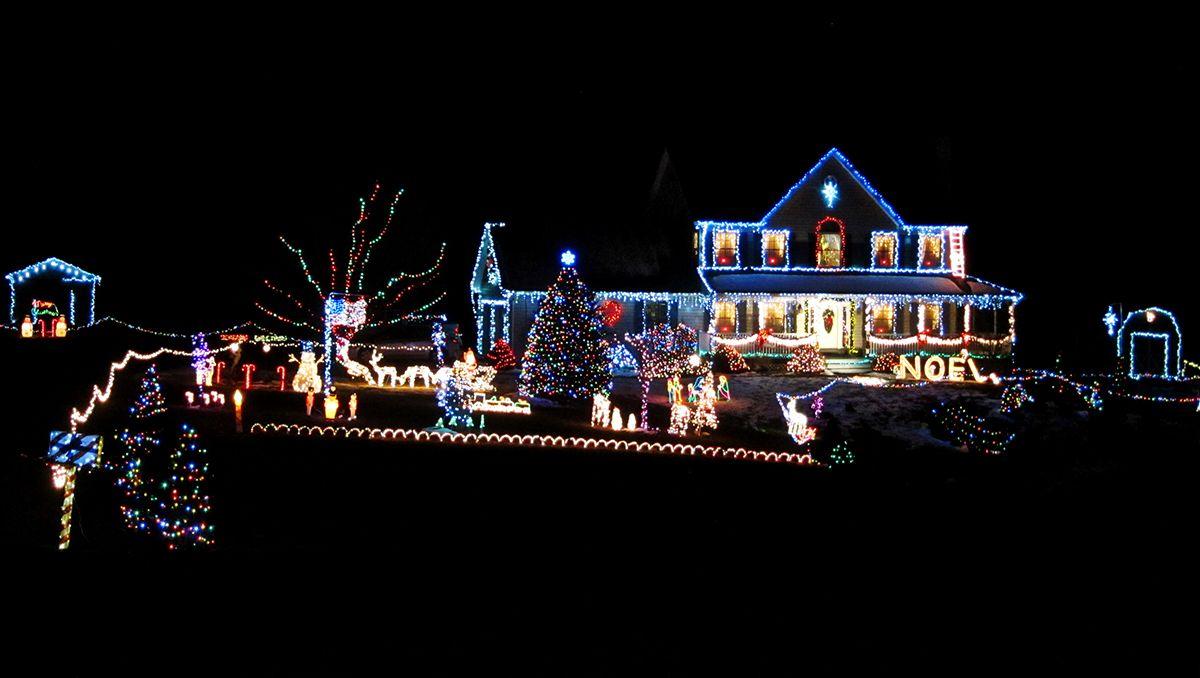
Christmas lights overkill makes our suburbs stressful for animals. Image: Agnostic Preachers Kid CC BY SA 4.0
Media Release
5 December 2023
The Australian Government has launched a campaign asking people to switch off light pollution to help wildlife. Light pollution has major impacts on many native animals, and solutions to address it are simple but need community support.
The Biodiversity Council is urging people to get behind the government’s campaign to switch off light pollution to help wildlife.
Most people don’t realise that their outdoor lights are a major problem for wildlife and that at Christmas time, the impacts can be greater than ever as people put up outdoor Christmas lights.
University of Queensland Research Fellow Dr Loren Fardell led the review for the Biodiversity Council.
“Light pollution is caused by artificial lights at night. It includes light directly shining onto areas, for example a spotlight shining on your backyard, and also when light shines upward or outwards and adds to sky glow,” Dr Fardell said.
“Light pollution is not the only problem facing our wildlife, but it can make it much harder for animals to survive other pressures, and for some species light pollution is one of the biggest threats to their survival.
“Negative impacts include stopping animals from using habitat, making them more vulnerable to predators, making them stressed, disorientating them, making them crash, and changing their sleep patterns, 24 hour light cycles, development and reproduction.
“Climate action is important, but energy-efficient LED lights have been found to have much greater impacts on many species than other lighting types, so reducing the exposure of wildlife to light pollution is more important than ever.”
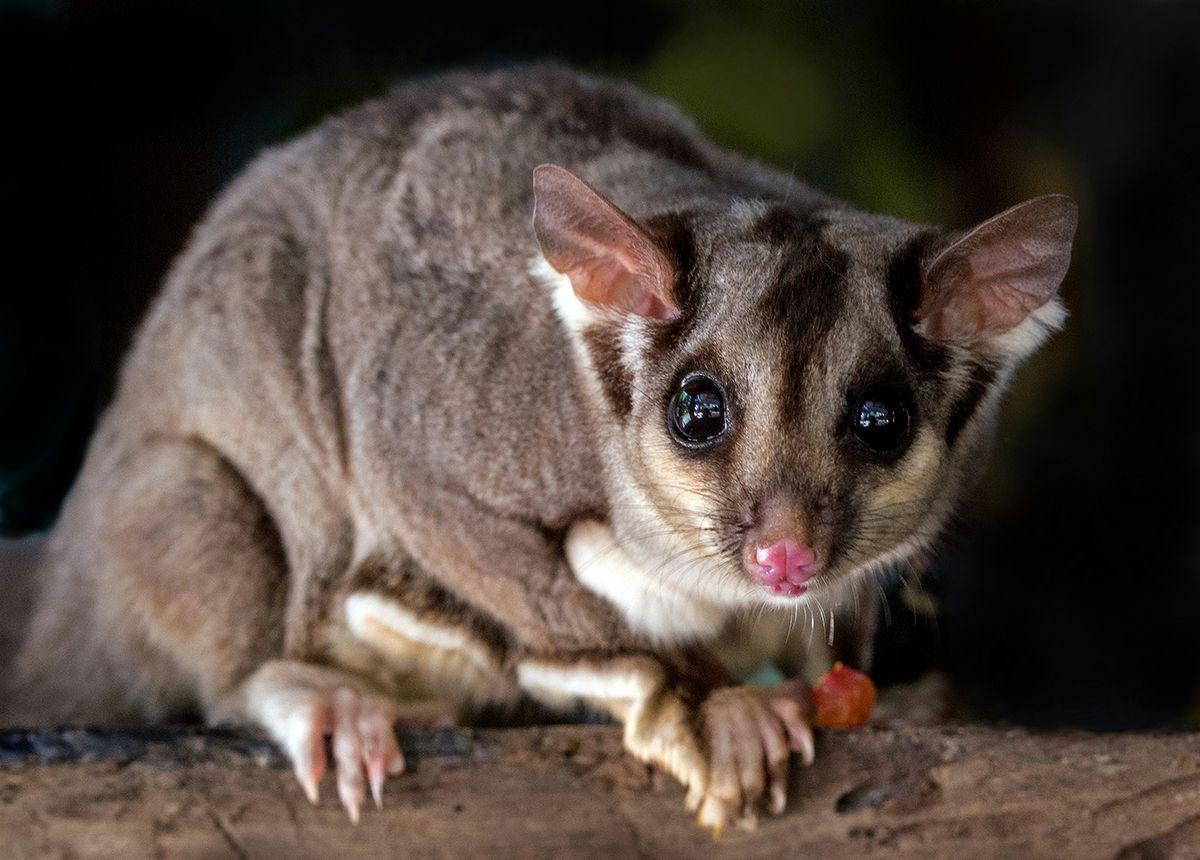
Squirrel gliders avoid lit areas and need dark vegetation for their habitat. Image: David Clode via Unsplash
Biodiversity Council member Professor Sarah Bekessy from RMIT University said that urban areas are really important to a wide range of native animals, like possums, bats, bettongs, bandicoots, echidnas, gliders, owls, moths and frogs.
“Most of Australia's native mammals and frogs, and many of our birds and reptiles are active at night and very good at hiding, so you may not see them but that doesn't mean that our gardens and suburbs aren't really important places for them,” Professor Bekessy said.
“Many native animals will avoid using or travelling through areas that are brightly lit, so leaving our gardens as dark refuges is a great way to help wildlife.
“Like other types of pollution such as carbon emissions, light pollution adds up. This means that every extra light you can turn off, turn down or stop pointing into nature makes a difference.
“If lots of people get involved in reducing their outdoor lighting the difference that we can make will be enormous.”
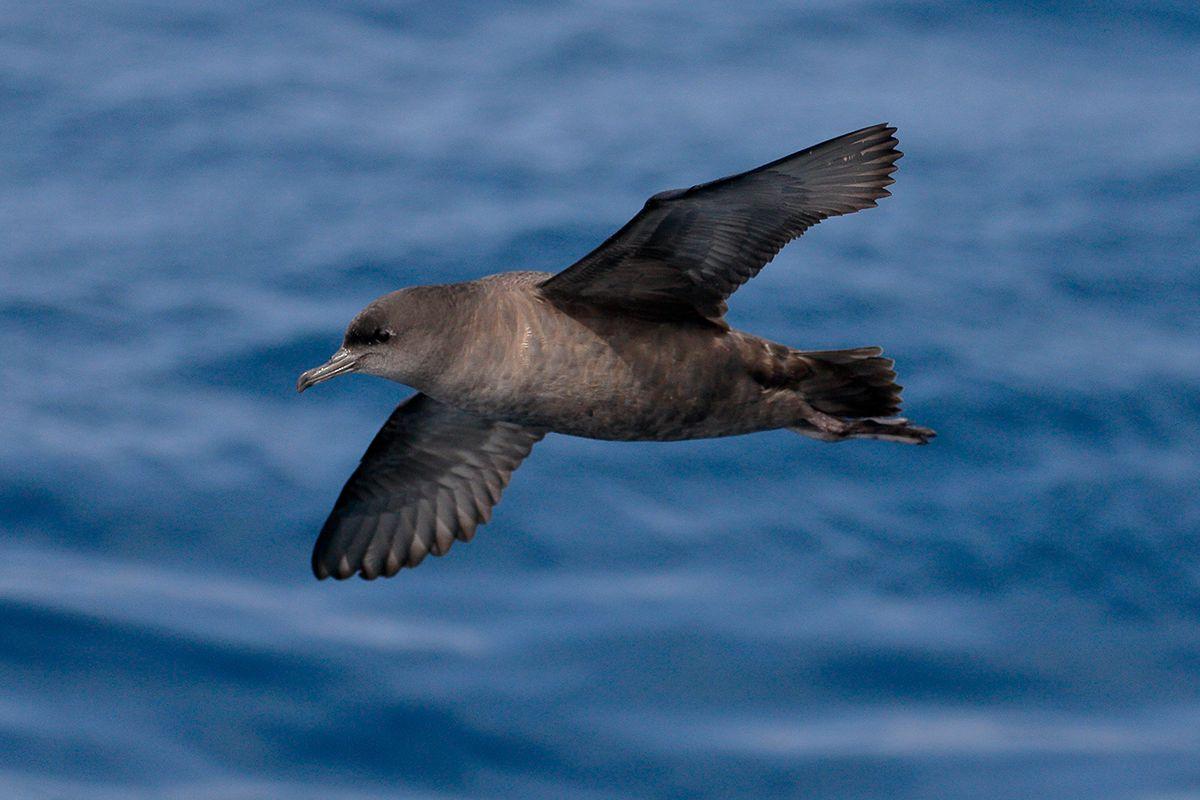
Light pollution has a big impact on short-tailed shearwaters. It often causes young to crash or be grounded through exhaustion after losing their orientation. It also can pull migrating adults off their path. Image: Ed Dunens CC BY 2.0 DEED via Flickr
8 ways to help wildlife by cutting light pollution while still enjoying Christmas decorations
Most of them will save electricity too.
- Switch to day-time decorations like big red bows on trees. Better still, plant a garden that will create its own special Christmas feel - bottlebrush, woolly bush, christmas bush and christmas bells are all gorgeous native Australian plants that bloom brightly over Christmas.
- Instead of covering your house and fence, which can also trap animals and block their movement, make your decorative lights window displays. At closing time close your curtains to block your indoor lighting from impacting sleeping and active animals outside.
- Don’t leave lights on all night, pick a short period, and try to avoid using them at dusk or dawn when animals can be very active – timers are helpful.
- Instead of bright white or blue hue lights, use warm colours like amber or red lights, as they have the least impacts on wildlife.
- Use low intensity lights – it is supposed to look pretty not light up a surgery
- When using spotlights, keep them angled downward and focused to where you need them, use shields to stop light shining into the sky or onto nearby vegetation
- Leave your trees and shrubs as dark refuges for nocturnal wildlife - don’t load them with lights
- Camping or traveling? Minimising your light pollution is a great way to help animals in the bush and along the coast.*
*Thousands of young petrel seabirds and baby turtles die on their first trip because artificial lights attract them in the wrong direction.



